If you’re like millions of other people suffering from bodily pains, you have turned to a TENS unit for help. Different ailments call for different placements of the electrodes, however. This article covers where to place TENS unit pads depending on where in your body you’re experiencing the pain.
The History of TENS Units
TENS units have been used for a few decades and go back to the 1960s. Chiropractors learn how to use them and many chiropractors in practice sold the units to their patients. The advantage to the patients was that they could have more input into doing something for their pain without increasing pain medications.
The National Institutes of Health funded clinical studies on the TENS unit and positive results were found. One study in 2011 found that the muscles alongside the spine were stabilized with the unit and the patients pain ratings were significantly improved.
In 2016, patients who had curvature of the spine called kyphosis where the spine curves to the front instead of to the side, were tested with the TENS unit. The stimulation resulted in stabilizing their degenerative condition and stabilized the muscles.
In 2018, patients with lumbar disc herniation were tested. Some of these patients had sciatica, pain that travels down the back of the leg and may even extend down into the foot. The difference in pain the patients felt was significant, favoring of course the relief of the pain.
The TENS stimulation prevented the damage to the heart from free radicals created by the disc herniation and also relieved the clinical symptoms and signs. Those patients must have been quite happy with their results!
Even low back pain was studied by the National Institute of Health scientists. In this 2016 study there were two groups of patients, those who used the TENS and those who did not. Those who did use it improved by 74% and had reductions in pain greater than two points on a 0 to 10 pain rating scale.
They also performed movements better and could function better in their daily living tasks.
Another study from 2001 showed that patients with low back pain had significantly improved lumbar spine function even after the TENS unit was not used for four months. The effects of the therapy along with exercise therapy lasted beyond the time the TENS unit was used.
All these studies provide some hope for seniors for several reasons:
- Older people who have pain have a higher than average risk of side effects from all drugs, including pain killers. Using something for pain that will reduce their risk plus relieve pain is always a good idea.
- Many of the current pain medications are addictive and cause negative changes in the brain. Being addicted to opioids is a far worse problem than the pain itself in many cases.
- Pain medications, as well as other medications, interfere with nutrients and can contribute to vitamin and mineral deficiencies.
- Using a non-invasive method of pain control puts the patient in charge of his life, a feeling that he or she doesn’t have if he is allowing the doctor to dictate what to do for pain.
Best TENS Unit by Customer Ratings
If you don’t already have a TENS unit, that’s (obviously) where you need to start. The TENS 7000 is THE TENS unit that others are measured by. I do not personally own this one (I have an older, outdated version), but based on customer ratings, this is a well-used, and quality product.
- Need Prescription Strength Pain Relief? A TENS unit muscle stimulator and TENS machine that provides pain relief, acts as a muscle massager or shoulder massager, provides carpal tunnel relief, and acts as a muscle relaxer(great for muscle recovery)
- Over 3M TENS 7000 Devices Sold. A consumer over the counter favorite back pain relief device and a leader in physical therapy equipment for providing immediate and lasting drug-free muscle pain relief from back pain, neck pain, tennis elbow, and bursitis
As of this writing, the TENS 7000 has over 72,000 customer ratings with an average score of 4.5 stars. Impressive! It’s the best-selling product on Amazon in the Muscle Stimulators & Accessories category.
Replacement Pads
Speaking of accessories, you will want replacement pads. The stickiness of them wears off after enough use, so you’ll appreciate being able to pull new ones out of the package.
- Premium Universal Compatibility Pigtail TENS unit pads are self adhesive reusable electrodes
- Syrtenty TENS Pads Medical Electrodes are FDA Cleared OTC with resealable packaging for durability
These are universally accepted TENS unit replacement pads, so odds are extremely high they’ll plug into whatever unit you need.
Where to Place TENS Unit Electrodes
If you’re wondering where to place these sticky pads, we have answers for you. Placement, naturally, depends on where the pain is located. You want to target the areas carefully and be prepared to adjust as needed.
The following areas are broken down by body parts with diagrams to follow.
Arm Pain
If you have full arm pain you will be best served using four total electrodes. If you only have pain on the lower or upper arm, two may suffice.
Place two electrodes on your forearm or the upper area of your triceps (back of the upper arm). Cover your entire arm for full arm relief in the four identified spots for full arm relief.
Ankle Pain
Got ankle pain? Send TENS unit electrical impulses to the affected area. Place two sticky pads on the top of the middle foot and two electrodes on the front of the ankle joint, just above where your ankle bone sticks out on the side of your foot.
Back Pain
If you’re like millions of other people, you have lower back pain. TENS units can help with back pain. You may need help with the placement for this one (or look over your shoulder at a mirror).
You want to form a square of sorts, each sticky pad on the corner of this imaginary square. Do not place the electrodes directly on the spine, however. Hit the surrounding muscles that are causing you discomfort.
Foot Pain
Placement for foot pain is similar to ankle pain placement, only you are avoiding the ankle (bony outcropping) area. Place the electrodes in a square formation on top of the foot to target the affected area.
Headaches and Migraines
People use TENS units for headaches all the time. You can too! Place one electrode on/or around the neck muscle (trapezius) as show in the picture below. If your headache is one on side of your body only, you can target just that side.
Note: Do not use a high setting on your TENS unit when treating headaches. This can actually aggravate the problem. Start on the lowest setting and gradually increase the strength.
Hip Pain
Hip pain is often caused by your gluteus maximus (butt muscle), but it may be caused by what’s called “referred pain,” such as coming from your lower back.
Start by targeting the upper and lower parts of your buttocks on the affected side. If this doesn’t work you can try targeting your lower back to seek relief.
Intestinal Pain
Did you know a TENS unit can help the pain resulting from irritable bowel syndrome? It’s true, at least from a pilot study’s indications.
Place one electrode just above the belly button on the affected side and the other just below it. On the back side of your body, place them directly across from each the front side (imagine a horizontal line going straight through your body).
Knee Pain
This one is easy. Place four of the electrodes around the knee: one above, one below, and one on each side. Alternatively, depending on your exact knee pain, you can place just one on each side.
Neck Pain
If you work at a computer all day, as I do, you are bound to end up with neck pain. First and foremost, make sure that you have correct desk posture. Address the problem at the source if you can. Include neck stretches as well.
Know your neck muscles so you can identify the source (you’ll either feel tightness or pain). Sometimes someone else can more easily feel tight muscles than we can on ourselves. Odds are high that it’s the muscle along the top of your spine, the splenius capitis and splenius cervicis muscles. These are the strap-like muscles that are responsible for bending and rotating your head.
Place two electrodes on each side of the spine along this muscle. They should be relatively close to each other. Do not place the pads directly on the spine itself.
Relaxation
TENS units aren’t just for addressing pain. They can also be used for simple relaxation. We carry a lot of stress in our backs, so that is one of the best areas to place your electrodes.
You can play around with different areas of placement for relaxation purposes. Listen to your body and try to identify the areas you carry stress. That said, it can be good to start with the back. Place two electrodes high up on your inner back muscles. Place two more on your lower back as identified in the picture above.
Sciatica
My wife complains of sciatica a lot (she’s a runner). I know, through her, that when it flares up – it hurts! Remember I said in back pain placement not to place the electrodes on the spine? For sciatica you do. I’ve written an entire article on using a TENS unit for sciatica, but here are the basics.
Sciatica hits the piriformis muscle, so you need to target that.
Feel your lower lumbar area (the vertebrae of your lower spine). Place one electrode directly above the lowest vertebrae you can feel (identified in the picture above). Now feel across your lower back to the top point of the hip. Place one there. Lastly, place two more electrodes below the buttocks.
Stomach Pain
Have stomach pain? You need to target the front and back of the body again. You can only target one side at a time, however.
Place electrode above your belly button on the targeted side and another below your nipple. Then, on the back, place one at the bottom of your shoulder blade and the other under your bottom rib. Hopefully someone can lend a hand with this one!
Are There Any Precautions About Using a TENS Unit?
Like any other medical device, it is prudent to be aware of any precautions you should take when using your TENS unit.
- Stay with the use of TENS units for muscles and do not use it if you have a pacemaker or other type of electrical implant or metal implant.
- Do not use the TENS unit if you are pregnant. However, you may use TENS during labor for pain control.
- If you have a bleeding disorder, do not use TENS.
- Do not put the electrodes on any areas of the body where there is cancer, either known or suspected.
- Do not use TENS if you have tuberculosis.
- Do not put the TENS on your face, over your eyes or mouth, or on the temples of your head.
- TENS units should not be used by those who have epilepsy.
- If you have heart arrhythmia, a TENS unit should not be used.
- Do not put the TENS unit electrodes on the sides of your head or near the front of your neck. Read all instructions and warnings.
- Do not put TENS near your genitals or reproductive organs.
- Take your TENS unit with you to the doctor, chiropractor or physical therapist so they can explain its use to you.
- Do not expect someone who has trouble communicating or mental impairment to safely use TENS.
If you find discomfort after these precautions, stop using your TENS unit and consult with your doctor.
TENS Unit FAQs
-
Can TENS be used by the elderly?
Yes, being elderly is not a contraindication (reason) for the device.
-
If I have knee pain and varicose veins, can I use the TENS?
The TENS unit should not be used over varicose veins.
-
I don’t have a pacemaker but I’m worried about using it over my chest.
As long as you don’t use the TENS electrodes over your chest and upper back at the same time, you are following the guidelines.
-
I have an infection in the area where I want to use the TENS.
Clear up the infection first and then use the TENS after the infection is healed. It’s not a good idea to use it over broken skin, infected skin, or irritated skin.
-
Does TENS help nerve damage?
Yes, it does a little, but electrical stimulation used directly on the nerve will promote better recovery and regeneration of the injured nerve.
-
What type of conditions is the TENS unit usually used for?
Here’s a list of some of the conditions:
– Tendonitis
– Bursitis
– Low back pain
– Chronic pelvic pain
– Neuropathy from diabetes
– Peripheral artery disease
– Fibromyalgia
– Osteoarthritis
– Pain during labor -
Can I use TENS if I am currently taking pain medications?
Yes. You should not stop taking your medications because you are starting TENS treatment. However, as you feel less and less pain, speak to your doctor about how to make any adjustments in the dose of your medications.

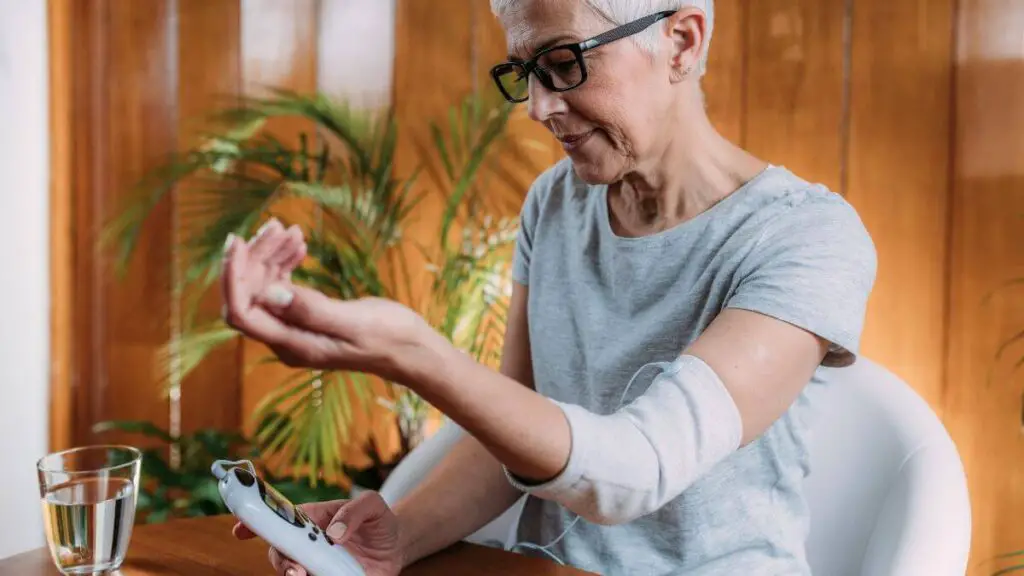
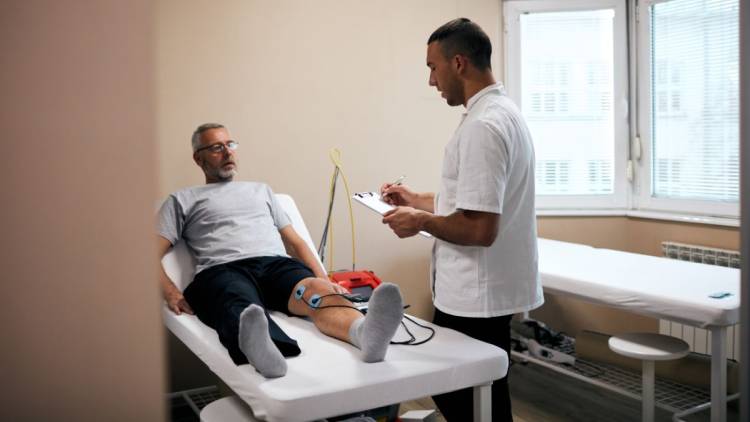


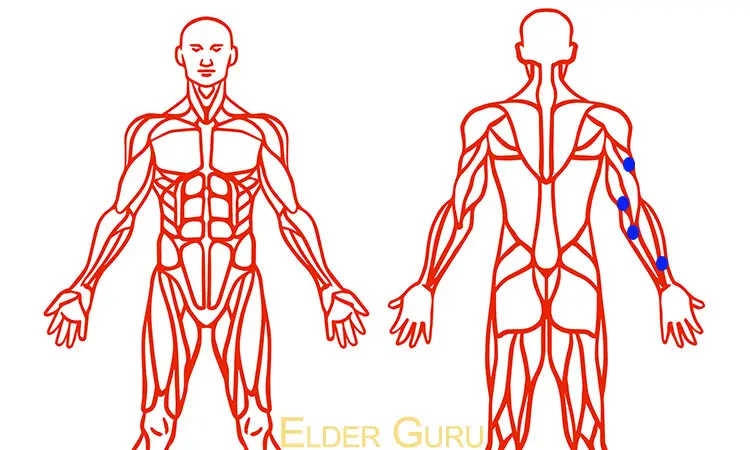
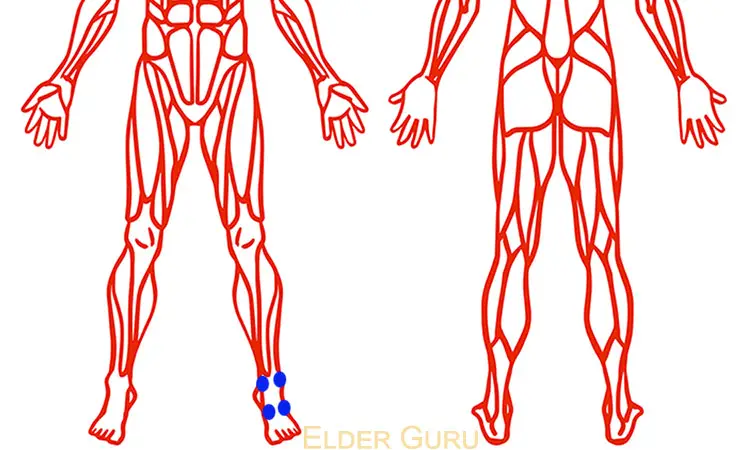
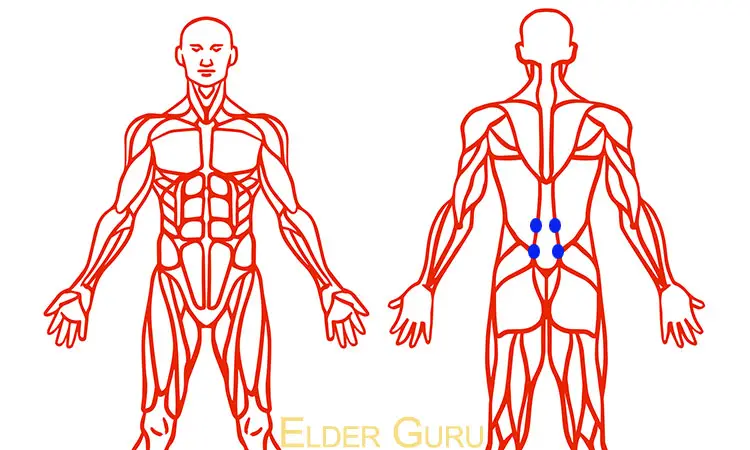
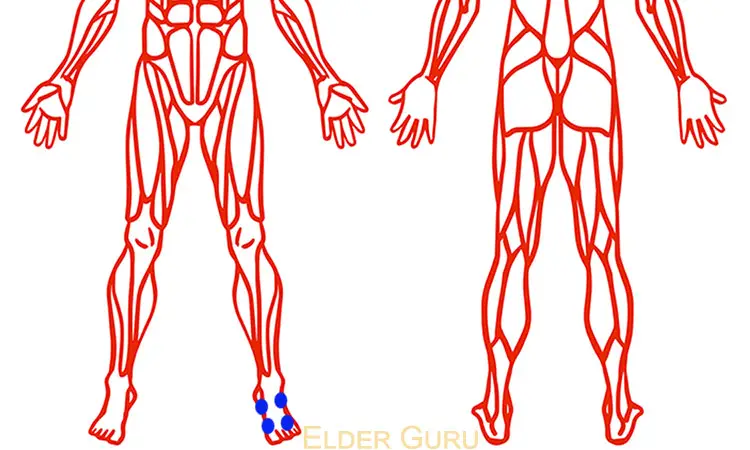
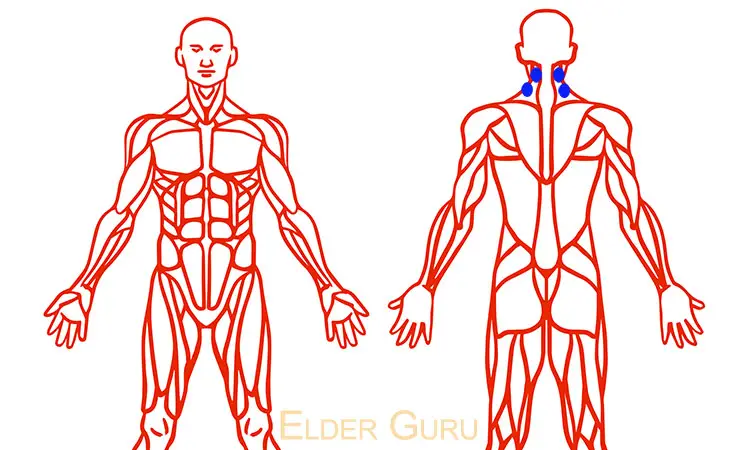
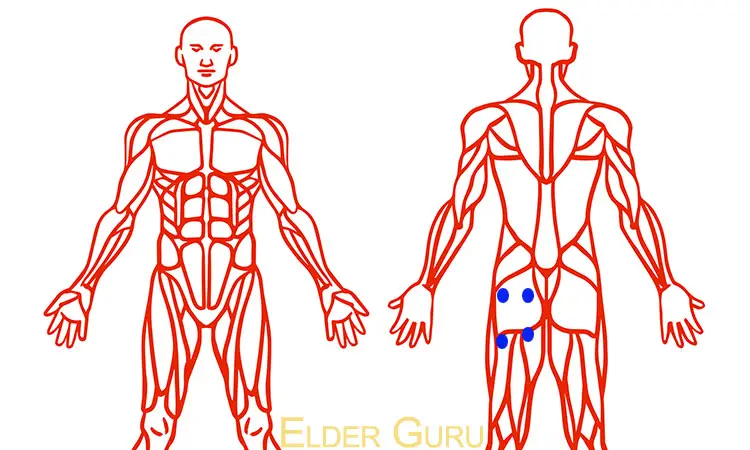
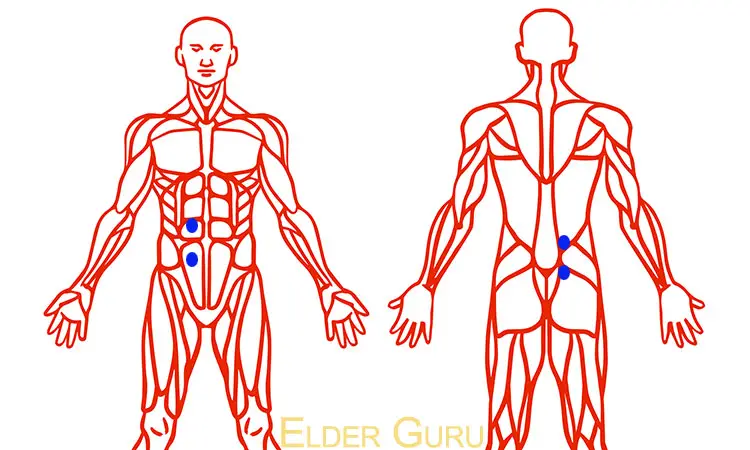
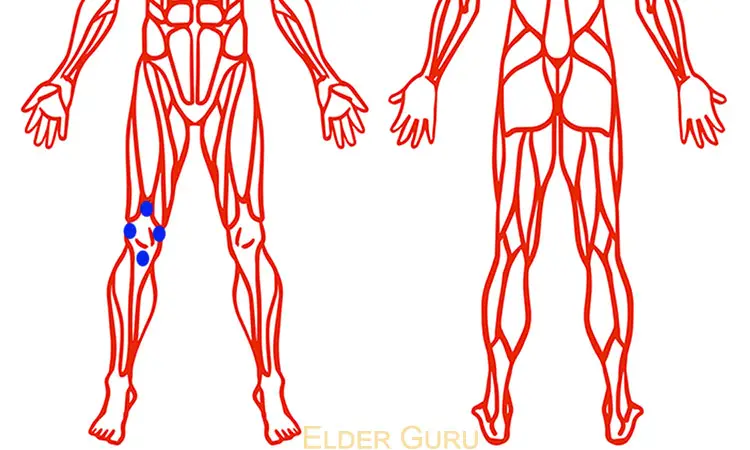
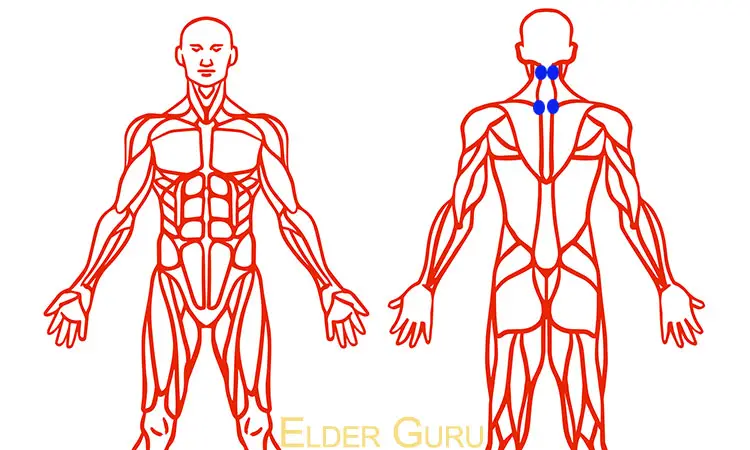
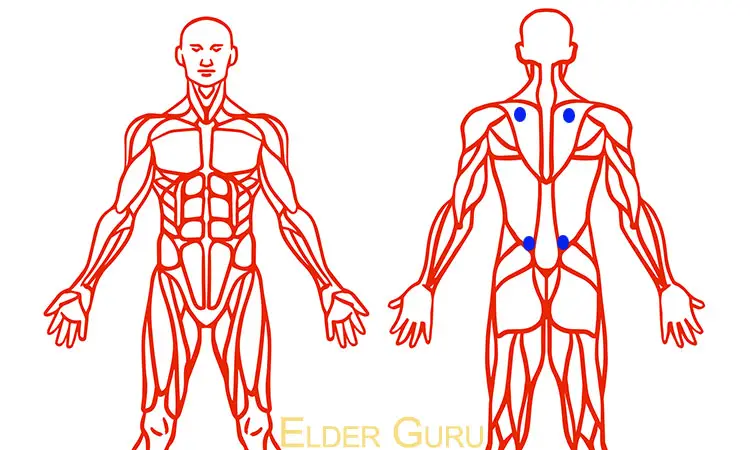
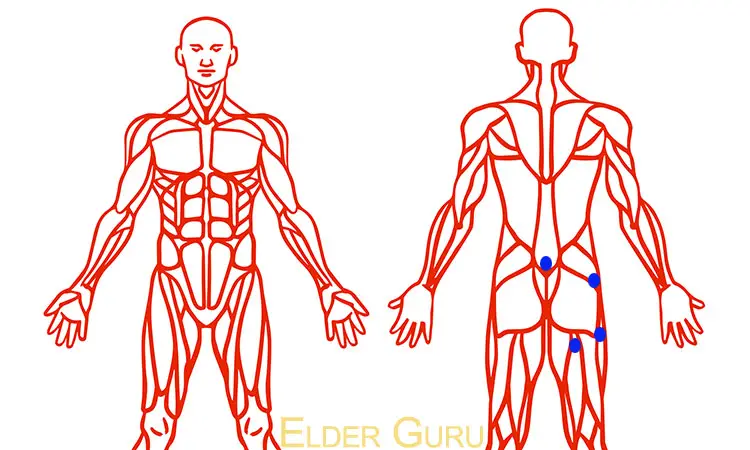
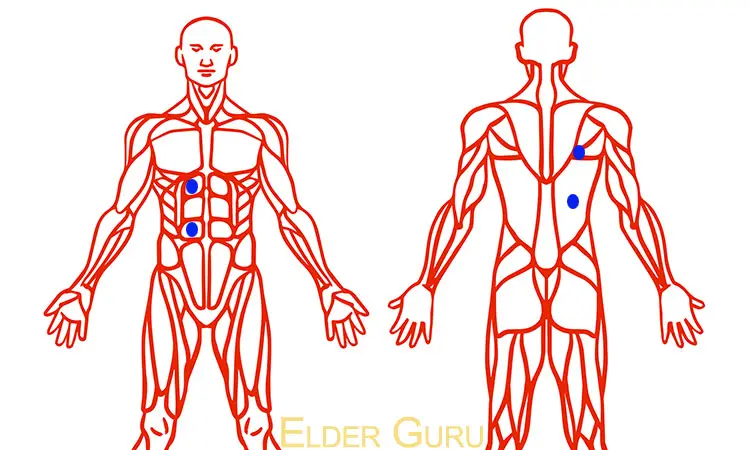
3 comments
My neurologist said I COULD put the electrodes on my face to help the pain I get from my Sjögren’s and swelling in face and jaw.
You mentioned in the headache section to place pads on temples yet in the do not section you say NOT to put pads on temples… I’m a little confused.
Thank you for pointing this out. Do not put the units on your temple(s). We’ll get the article corrected for clarity.